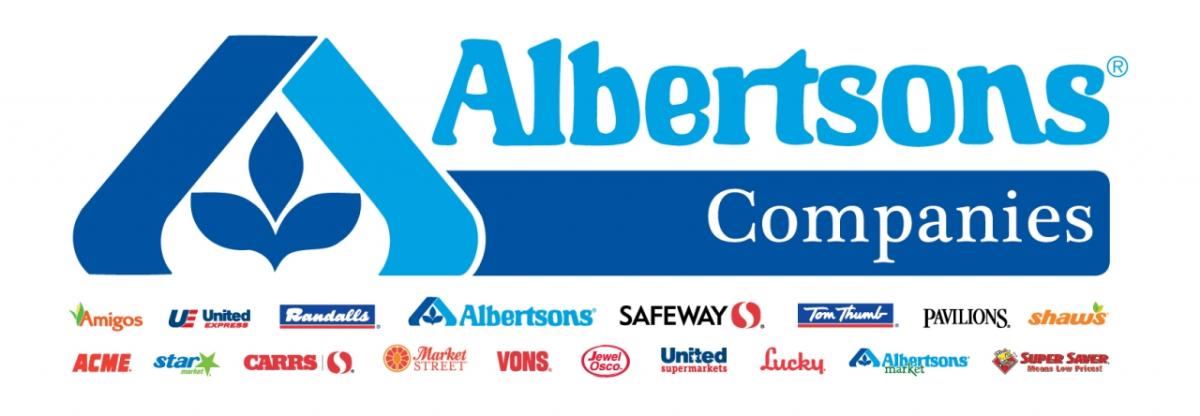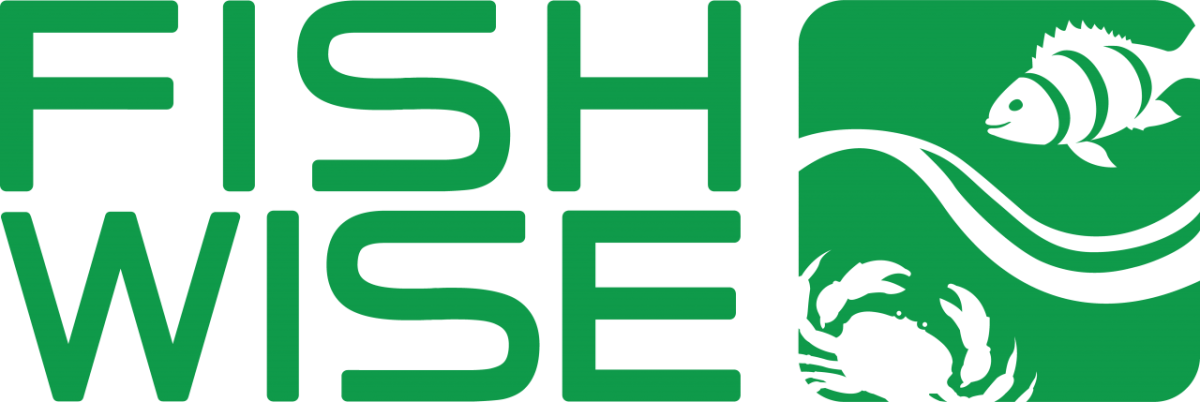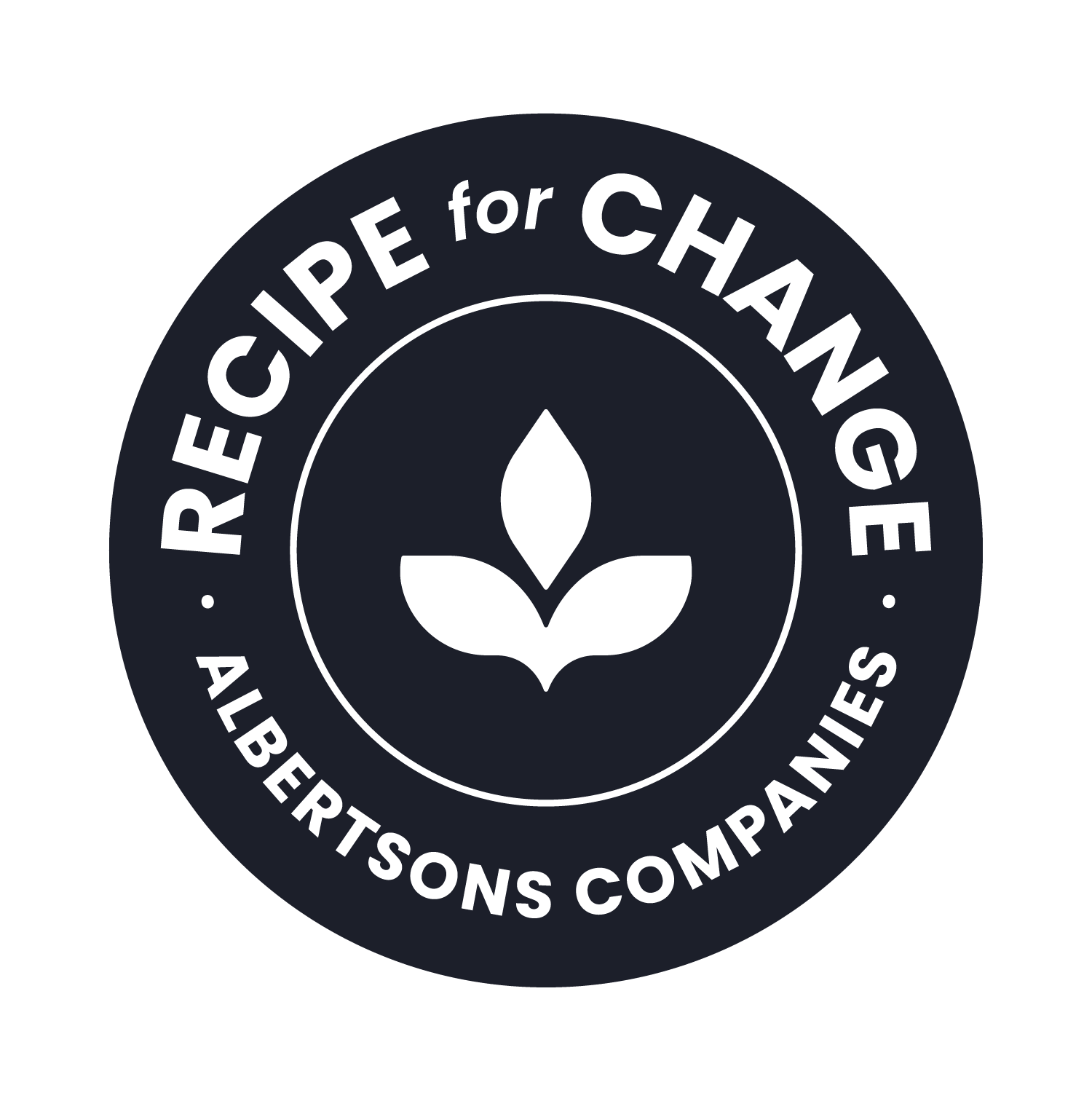How Albertsons Companies and Its Seafood Suppliers Are Tackling Illegal Fishing
The oceans provide us with some of the world’s most sought-after delicacies, from Alaskan king crab to succulent scallops, as well as the ever-popular tuna for a sandwich. Americans consume, on average, 15 pounds of seafood a year, contributing to a $60 billion US industry.
Unfortunately, the profits and perils of sourcing food from the open seas have given rise to dangerous, unsustainable and inhumane fishing practices used by unscrupulous fishing operations.
Illegal, unreported, and unregulated (IUU) fishing is a long-standing issue for the seafood industry. It does not adhere to boundaries and is not species-specific, and impacts both US and international waters. Subsequently, IUU fishing is a complex issue that cannot be solved by a single party. Activities considered IUU fishing can include fishing without a permit or license or fishing in waters that are off-limits, and can co-occur with the more disturbing crime of using forced (slave) labor on fishing vessels.
Albertsons Companies recognizes that IUU fishing must be stopped and is working to tackle this issue, starting with its own supply chains. Albertsons Companies acknowledges that multi-stakeholder communication and action must occur to effectively combat IUU fishing. This is why we’ve chosen to work with a few suppliers to undertake in-depth collaborative reviews of the practices and policies in place which support robust traceability and legality throughout our supply chains.
This work is important not only because traceability is essential for ensuring seafood is coming from legal and verifiable sources but because it aligns with Albertsons Companies’ Responsible Seafood Program and more specifically, our Traceability and Social Responsibility Policy and Commitments.
By reviewing information, like where and when the fish was caught, the fishing vessel(s), and how data was being shared between companies, Albertsons Companies was able to provide tailored recommendations to each of the participating suppliers. These recommendations highlighted the strengths and challenges found and provided suppliers with tangible things they can do to help mitigate potential traceability and IUU fishing risks. All recommendations aligned with Albertsons Companies supplier expectations and industry best practice.
Some tangible actions suppliers can take include:
- Record: Consistently record information about seafood (the who, what, when, and where the seafood was caught/harvested).
- Check Vessels: Ensure your suppliers are not sourcing seafood from vessels found to be on any IUU fishing blacklists.
- Be Transparent: Be ready to provide product information and documentation as well as your own company’s policies relating to traceability and/or IUU fishing.
Illegal fishing has no place in Albertsons Companies’ seafood supply chains, which is why we would like to acknowledge and thank the selected suppliers for their willingness to participate in these exercises over the past months.
Through our partnership with FishWise, our sustainable seafood consultant, we have conducted fourteen of these collaborative reviews for both our private label and national brand products over the past three years. With our supplier’s engagement, we continue to help advance efforts to fight IUU fishing, strengthen traceability within our supply chains, and pave a path forward to collaborate across responsible seafood issues.



